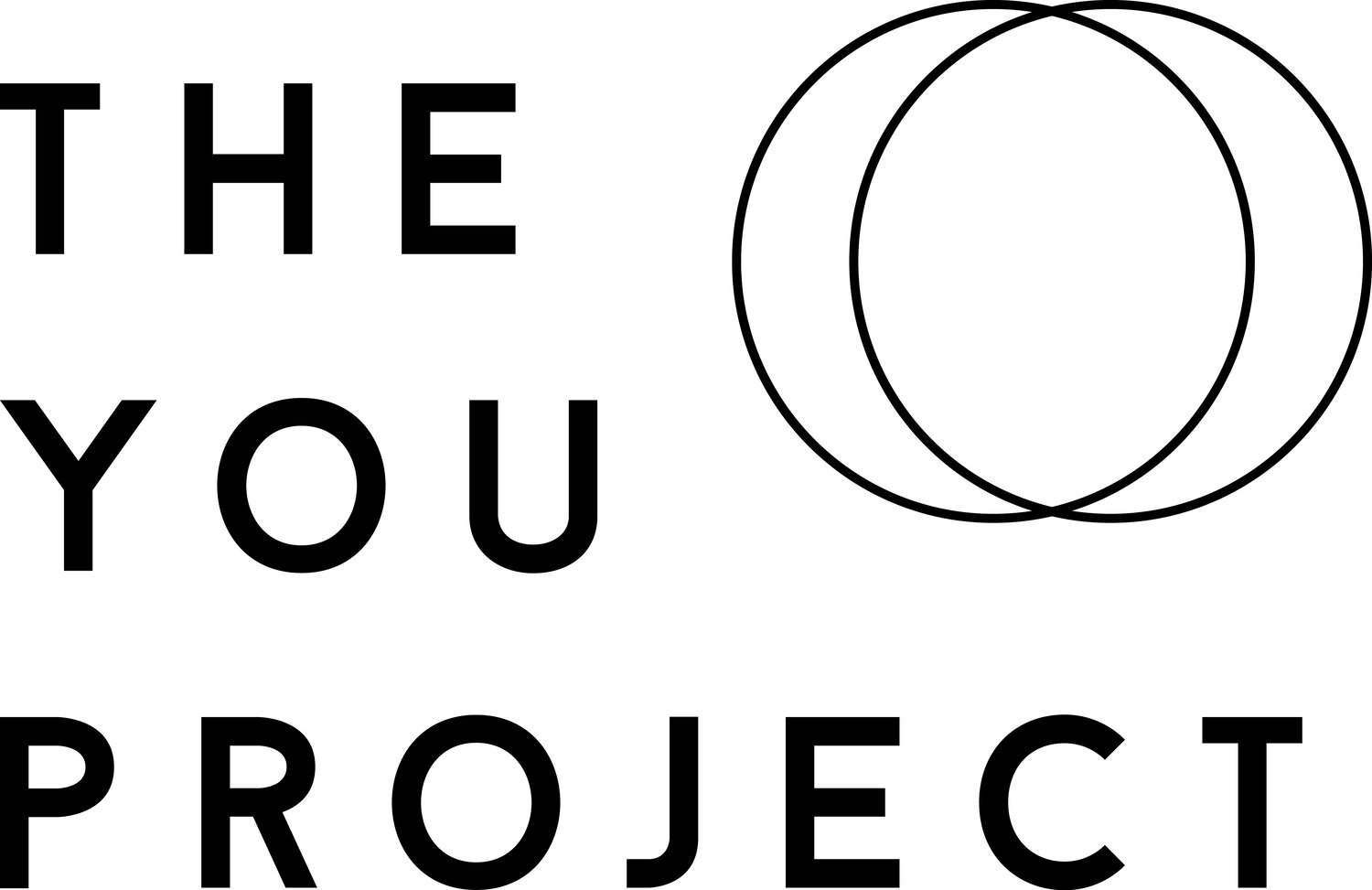Is this the end of one to one coaching?
If you’re interested in professional or personal development you’ve probably looked into coaching. However one to one options can be expensive and it takes time to find the ‘right’ coach to work with intensively. At the same time you might be wanting to widen your network and create greater connections outside of your immediate world which unless networking comes naturally to you and you have the time to do it, often gets deprioritised. So does group coaching offer a feasible alternate solution?
Leveraging the power of a group isn’t a new phenomenon but in recent times gyms are subbing out personal training sessions with the likes of F45 and HIIT bootcamps, the success of which is mostly attributed to collective motivation. In the U.S a new psychology company Real delivers online therapy sessions in an open group format. These therapist led events are building a community of people who are proactive about their mental health and supporting each other at an affordable price.
So why choose group coaching?
The benefits include having the collective wisdom, support and energy of others led by a qualified coach. Participants develop their own coaching skills as they listen and support others’ personal development, bonding over time. It’s more affordable and improves emotional and social awareness. For teams within organisations, it can encourage collaboration and encourage knowledge sharing, breaking down silos and fostering a culture of learning and growth mindsets. One of the key advantages is the ability to leverage off the strength of the coach and group to hold participants accountable to what they commit to each session. Making excuses in front of a coach can feel awkward but when confronted with thought of doing it to a group – it’s very motivating to just get on with it!
How it works. Is everyone in a circle singing kumbaya?
In short, no. Depending on the context participants are bought together under one premise, to focus on an overarching goal and each individual will have their own specific focus within this. For example, at a wellness retreat a group may focus on their wellbeing and for each person it’ll require digging deeper into their health, career, passions or relationships all guided by the coach with skilful questioning and content to allow the group to consider possibilities not previously considered. In a workplace, group coaching may focus on team culture, committing to a set of shared values and holding each other accountable to meeting these. Brené Brown discusses in her book Dare to Lead how her team have a a rule around back channelling where if someone starts discussing a member who isn’t present, they can call the person out on it. This collective agreement provides organizational awareness and develops greater trust over time.
Each session also requires participants to give progress reports and once they’ve hit a milestone they can share it with a group of people engaged in their goals. That’s a good hit of dopamine right there! Outside of the coaching session a private online forum allows a group to share challenges and progress building the momentum and group rapport.
When group coaching is not a good idea.
If someone is looking for immediate changes, they’re probably better working with a coach one to one to deep dive on specific needs. Likewise, if they’re an extremely private person or a very black and white thinker group coaching probably isn’t the best option – they’d want to be comfortable with opening up to new people and different ways of thinking. A group will also commit upfront to a set of boundaries like confidentiality for example so if a participant won’t adhere to these commitments the strength and effectiveness of the group will be compromised.
The key to making it work. A conversation space.
An experienced coach will create a conversation space ensuring all participants are heard and receive a similar amount of focus. The coach facilitates an agreement on boundaries within the group such as honesty and openness to hear other people and an acceptance of other people’s narratives. Contact and content from the coach between sessions to kickstart and maintain engagement will ensure the strength of the group builds over time.
Group coaching is here to stay.
While there will always be a place for one to one coaching, with budget pressures and the recognition of collective wisdom and the positive outcomes of developing closer connections with others, group coaching looks set to become a key offering within the personal development realm.
Next month The You Project is launching a women’s coaching circle in Christchurch and will kick off online coaching groups within the next couple of months.

